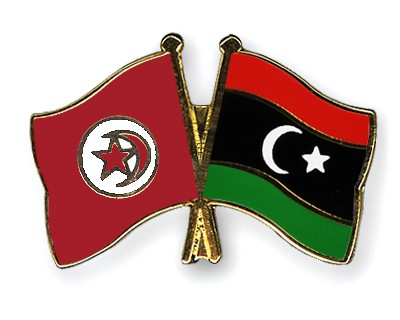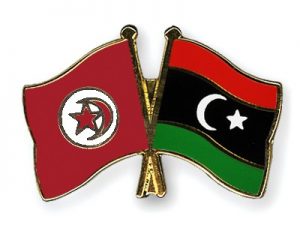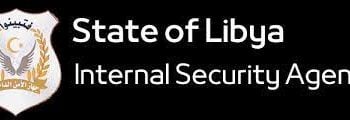By Sami Zaptia.
London, 27 June 2020:
With a close eye by many Libyans on its reopening of its air, land and sea borders today, last Wednesday, Tunisia announced new measures for the entry of visitors to its territory.
The measures will be based on the epidemiological classification of the Coronavirus situation in other countries. Initial reading of the categorization suggests that Libyans with a place of residence in Tunisia will be allowed in – but will be forced to undergo 14-day isolation upon arriving in Tunisia.
For the majority of Libyans who have no place of residence in Tunisia, it looks as if as long as Libya is ranked as a country with a high spread of Coronavirus – they will not be allowed into Tunisia.
In its government statement, Tunisia classified the Coronavirus status of countries into three distinct groups. The first group includes countries with low epidemic prevalence; the second includes countries with medium epidemic spread, while the third is made up of countries characterised by high spread of the virus.
Libyans will be watching where Tunisia classifies their country. Tunisia’s decision will have great ramifications for Libya – and western Libya specifically. Tunis and Istanbul airports are Libya’s (western Libya’s) most important transit airports. They are the most used airports by Libyans to travel to Tunisia and Turkey – and the most used transit points.
Libyans have been optimistically speculating – and hoping – that economic needs will encourage Tunisia to classify Libya in the second group – which would allow them access. This will also depend on Libyan authorities lifting their curfew and reopening their borders – which are currently closed until 7 July.
Tunisia has announced that travellers from the first group of countries will not be subject to specific preventive measures. While arrivals from the second group of countries where the spread of the virus is medium will have to present a screening test (RT-PCR) carried out 72 hours earlier, and not exceeding 120 hours, upon arrival in Tunisia.
For travellers coming from these two groups of countries, (Tunisians or tourists) who wish to stay in a hotel, Tunisia has stressed the need to go to the hotel on board tourist buses that respect the provisions of the Tunisian tourism health protocol, in supervised groups.
These groups will be subject to the requirements of “supervised residence” in hotels and are called upon to respect the health protocol of Tunisian tourism.
Supervised groups of tourists and residents in hotels are allowed to visit museums, monuments and archaeological tourist sites while respecting the health protocol of each site, according to the communiqué.
Arrivals wishing to leave the supervised residence may carry out, at their own expense, an RT-PCR analysis at the request of the person concerned or at the request of the country of residence, from the sixth day of the date of entry into Tunisia.
Today, with Libya’s Coronavirus cases increasing to 713, Libya may be categorised in the third group of countries deemed to be of the high spread of the Coronavirus.
For the third group which covers Tunisians residing abroad or foreigners from countries in the third group, and those who have a place of residence in Tunisia, these will be required to undertake in writing to self-isolate for 14 days and to undergo another screening test if symptoms of the disease appear.
The RT-PCR analysis is carried out at the request of the person concerned if he or she wishes to leave the self-isolation, at his or her own expense, and from the sixth day of entry into Tunisia.
For the third group of countries, with a high epidemic prevalence, the opening of borders will be limited to Tunisians residing in these countries, provided that they present a screening test (RT-PCR) carried out 72 hours before arrival in Tunisia and not exceeding 120 hours upon arrival.
This is coupled with the need to observe a mandatory quarantine for a period of 7 days at the expense of the person concerned, and to submit to another laboratory analysis at the expense of the State, while undertaking to observe a self-quarantine period of a further 7 days after this test.
The Prime Ministry has indicated that travellers to Tunisia will be asked to fill in a health data form before leaving the airport, port or border post of the country of residence, specifying that this procedure could be carried out electronically.
Tunisia’s National Observatory for New and Emerging Diseases will determine the epidemiological situation in the various countries that have ended the general lockdown period and announced the opening of their borders, on the basis of internationally agreed scientific and epidemiological criteria.










